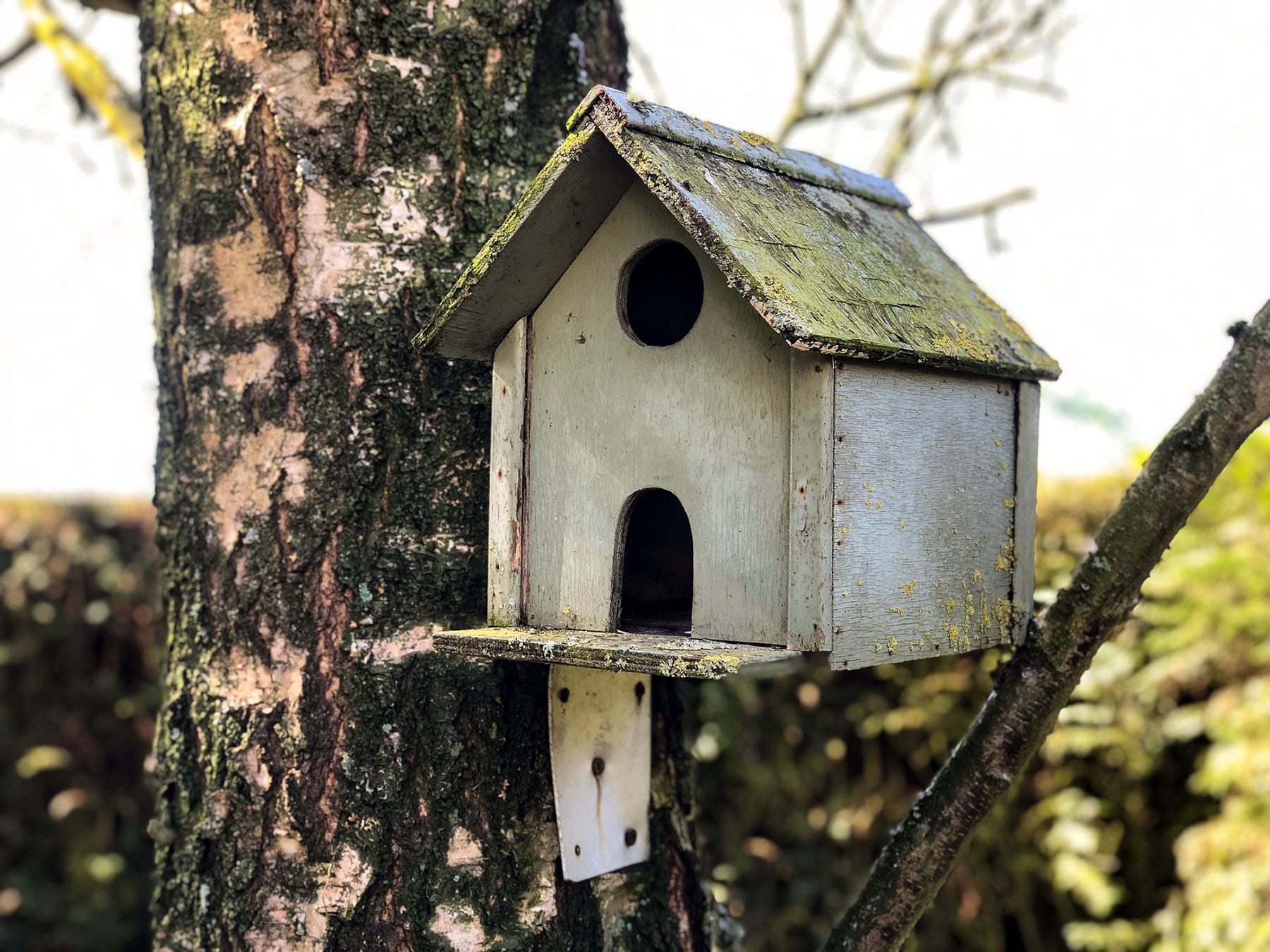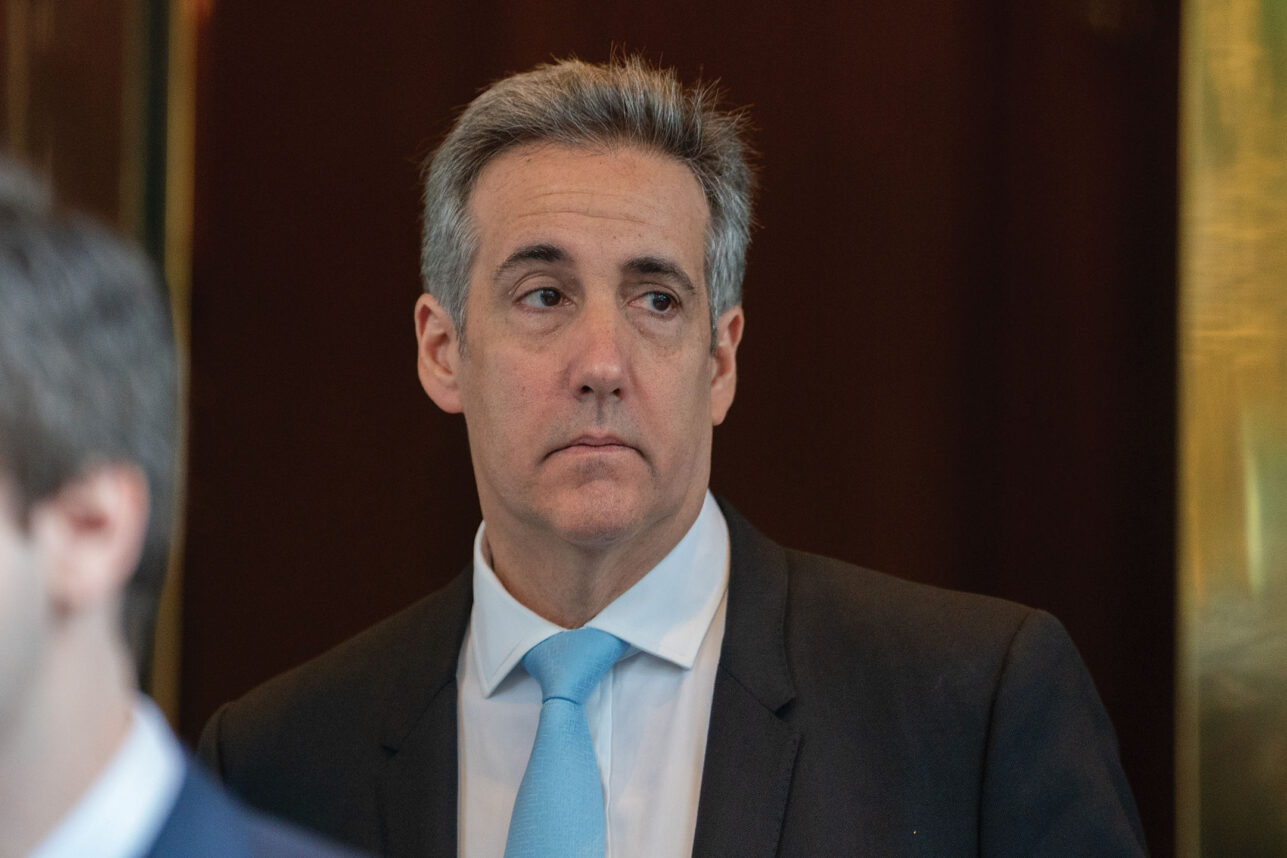 Thomas Auger / 500px/Getty Images
Thomas Auger / 500px/Getty Images Is the change in parents when their fledgling children flee their nest
as great as that which typically affects their cherished chicks when they fly faithfully away,
and should the nest’s calamitous collapse make them feel lonely, as depressed
as declining imperialists of waning empires which they’d ruled and now leave and betray?
They are not really comparable. Not all collapses are the same,
although with both of them the answer seems to be most clearly blowing in the dying wind.
The nest’s collapse, though sad, is not a problem for which we should blame
the parents, but should mourn those folk whose hopes we’ve blown away who’ll forever know we’ve sinned.
Don’t feel depressed when children’s nests collapse and we remove their reins,
but do feel down about the hard rain that we cause when ending our imperial reigns.
Our children fleeing nests may well return in peace, not change their teams,
unlike the folk imperialists abandon, then therefore oppose, thus changing their regimes.
Inspired affectionately by some of my children, gasping at the future when their see their nest devoid of daughters who have flown the coop in order to spend one year to inspire their neshamot.
Gershon Hepner is a poet who has written over 25,000 poems on subjects ranging from music to literature, politics to Torah. He grew up in England and moved to Los Angeles in 1976. Using his varied interests and experiences, he has authored dozens of papers in medical and academic journals, and authored “Legal Friction: Law, Narrative, and Identity Politics in Biblical Israel.” He can be reached at gershonhepner@gmail.com.























 More news and opinions than at a Shabbat dinner, right in your inbox.
More news and opinions than at a Shabbat dinner, right in your inbox.